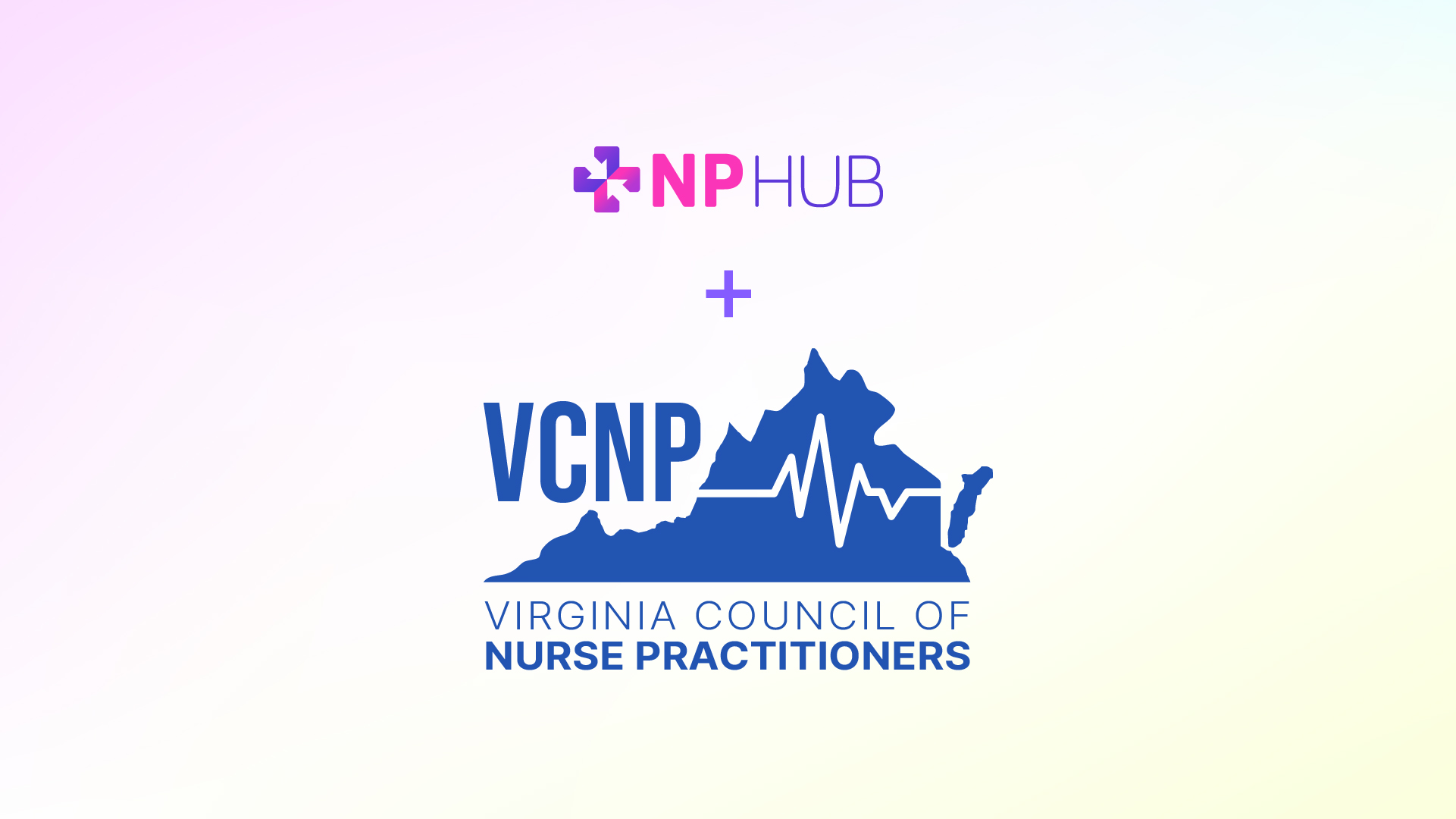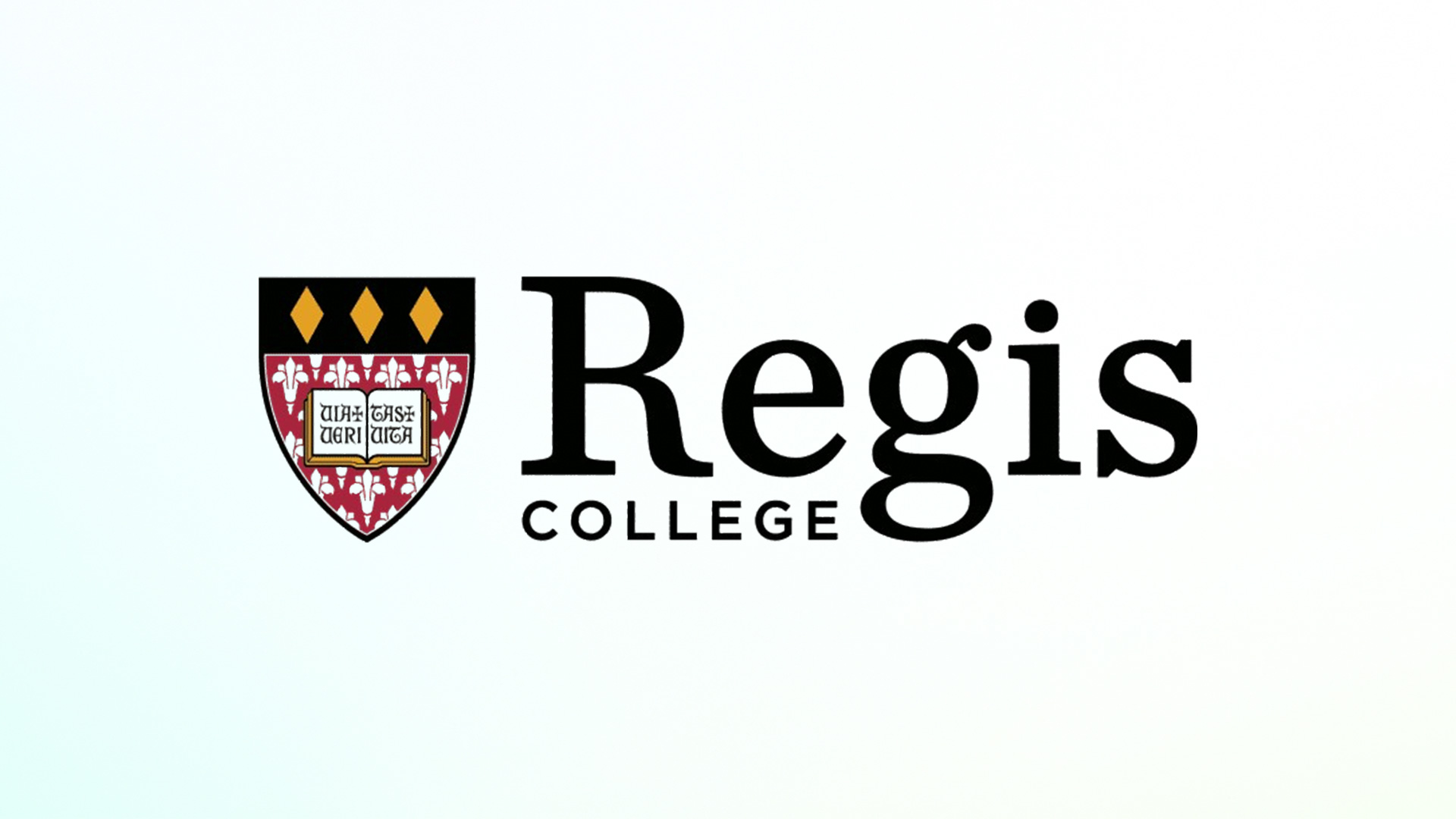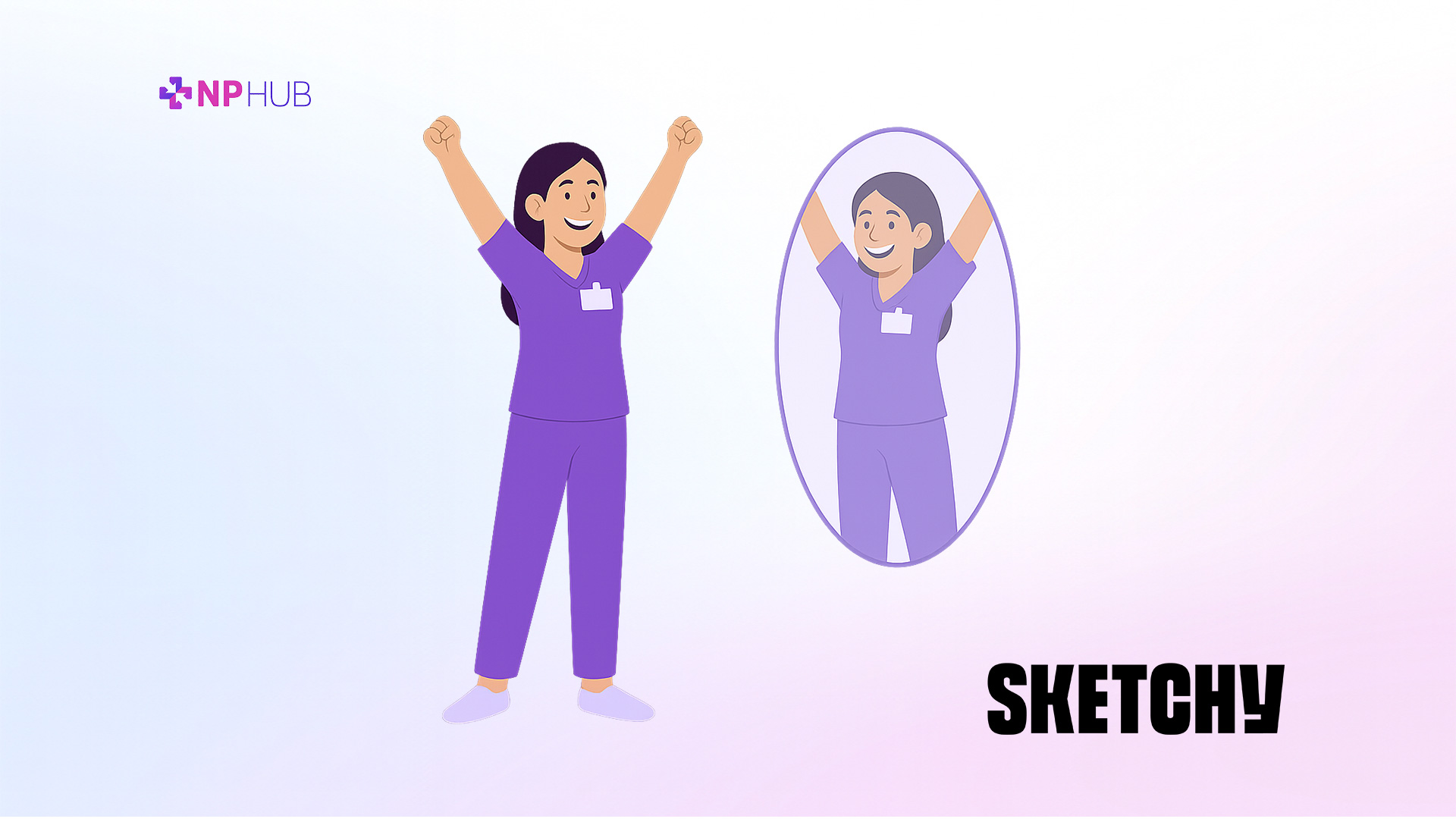On Senior Citizens Day, as we celebrate the strength of our elderly, we must also shine a light on the unsung heroes in their lives: the Adult-Gerontology Nurse Practitioners (AGNPs).
These dedicated professionals guide, advocate, and stand as a pillar of support for aging individuals navigating complex health challenges.
With an aging population that’s growing faster than ever, the demand for AGNPs in advanced nursing practice is urgent as they go beyond prescribing medications or managing chronic conditions, they also must handle the delicate, often unspoken struggles of aging like Alzheimer’s care, end-of-life discussions and being the reassuring presence in a moment of crisis.
If you’re an NP student considering this path, know this: becoming an AGNP means you are stepping into a role that requires resilience, deep compassion, and the ability to face some of healthcare’s toughest realities head-on.
Let’s break down why this specialty it’s a calling.
Emotional strength and Alzheimer's care
For families, this diagnosis it’s life-altering and the emotional, physical, and financial burden is immense, with over 11 million Americans providing unpaid care for loved ones battling Alzheimer’s or other dementias.
This is where AGNPs step in not just as clinicians, but as lifelines. Managing memory loss, behavioral changes, and complex medical needs demands deep emotional strength, patience, and the ability to guide families through one of the toughest journeys they’ll ever face.
But AGNPs don’t just treat Alzheimer’s. They help families navigate the grief, uncertainty, and heartbreak of watching a loved one slip away.
Their deep understanding of aging allows them to differentiate between the natural cognitive changes of aging and the devastating impact of dementia ensuring that families receive accurate guidance, not just assumptions. They recognize the signs of geriatric syndromes early, preventing complications that could accelerate decline.
But their role extends far beyond diagnosis. AGNPs are also experts in managing complex health conditions that often accompany dementia, such as diabetes, hypertension, or heart disease.
Their specialized knowledge of multimorbidity allows them to develop care plans that balance multiple chronic illnesses without overburdening patients with unnecessary medications a critical skill when dealing with polypharmacy risks in older adults.
When families feel lost, AGNPs step in as both advocates and navigators. They guide difficult end-of-life conversations, help families make informed choices about advanced care planning, and ensure that a patient’s dignity is preserved at every stage.
In moments of crisis, when caregivers are overwhelmed and the weight of the disease feels unbearable, AGNPs provide the steady hand, the medical expertise, and the compassionate leadership that families so desperately need.
A surge in adult gerontology nurse practitioners demand and the role of compassion
In 2020, one in six Americans was 65 or older, and by 2040, that number will exceed 80 million. The fastest-growing segment? Those aged 85 and older, projected to surpass 14 million by the same year.
With aging comes an increased need for specialized healthcare, making AGNPs more critical than ever.
Yet, despite this overwhelming demand, only 7% of advanced practice registered nurses (NPs) specialize in Adult-Gerontology Primary Care, a clear massive undersupply relative to the needs of an aging population.
This shortage means that geriatric patients often struggle to find providers who truly understand the complexities of aging, multimorbidity, and chronic disease management. As a result, the healthcare system leans heavily on the limited number of AGNPs who bridge the gap between primary care and specialized elder care.
This isn’t just speculation, the numbers back it up: The U.S. Bureau of Labor Statistics projects a 38% job growth for nurse practitioners, midwives, and anesthetists by 2032, compared to a mere 3% growth across all occupations. For AGNPs specifically, the job outlook was an astonishing 52% increase from 2019 to 2029. And with a median base salary of $110,000 for primary care AGNPs, this field offers not just career stability but also significant earning potential and leadership opportunities.
But what makes this role unique isn’t just the numbers, it’s the compassion required to do it well. AGNPs enhance quality of life, navigate complex medical decisions, and ensure that aging individuals receive the dignity and care they deserve.
As the healthcare system struggles to keep up with the demands of an aging population, AGNPs are stepping in to fill the gap, providing expert care in a field where empathy is just as important as clinical expertise.

The pressing need for geriatric specialization
The U.S. is aging at an unprecedented rate, yet the healthcare system remains critically underprepared to meet the growing needs of older adults. Heart disease, cancer, Alzheimer’s, and chronic respiratory diseases remain among the leading causes of death, with falls alone accounting for 21% of elderly fatalities. The complexity of managing multiple chronic conditions in aging patients requires specialized expertise, yet geriatric-focused providers remain alarmingly scarce.
Despite the increasing demand, geriatric specialization is one of the most underserved areas in advanced practice nursing. Accredited programs, such as those recognized by the Commission on Collegiate Nursing Education (CCNE), are crucial for ensuring quality education and training for future AGNPs.
As of 2019, there were only 231 accredited Adult-Gerontology Nurse Practitioner (AGNP) programs in the U.S. a stark contrast to the 451 Family Nurse Practitioner (FNP) programs. With only 8.9% of NPs certified in Adult-Gerontology Primary Care (AGPCNP) and just 6.1% certified in Acute Care (AGACNP), the imbalance is clear: there simply aren’t enough AGNPs to care for the country’s aging population.
The COVID-19 pandemic further exposed these gaps, disproportionately affecting older adults and revealing serious deficiencies in healthcare preparedness for elderly populations.
Nursing homes, hospitals, and long-term care facilities struggled to provide adequate staffing and resources, highlighting the urgent need for dedicated geriatric expertise in primary and acute care settings.
AGNPs bring unique competencies that are essential for managing the complexities of aging. They possess a deep understanding of aging theory, allowing them to differentiate between normal and abnormal aging processes, a critical skill when diagnosing and treating conditions that often present differently in older adults.
Their expertise in multimorbidity, polypharmacy considerations, and advanced care planning makes them invaluable in preventing unnecessary hospitalizations and improving quality of life for elderly patients.
Unlike generalist providers, AGNPs receive specialized education focused on care transitions, ethical considerations, and caregiver support systems. This advanced curriculum equips them to handle not just medical needs, but also the emotional and logistical challenges of aging, ensuring that patients receive comprehensive, dignified, and evidence-based care.
The AGNP career: Where passion meets opportunity
Adult-Gerontology Nurse Practitioners (AGNPs) play a pivotal role in healthcare, serving in a variety of settings where their expertise is in high demand.
According to the American Association of Nurse Practitioners (AANP), the most common workplaces for AGNPs include outpatient hospitals (14.4%), inpatient hospitals (13.3%), and private group practices (11.6%). However, their reach extends far beyond these settings.
AGNPs provide care in long-term care facilities, home health programs, nursing homes, assisted living facilities, community health centers, and even correctional facilities adapting their skills to meet the needs of aging and medically complex populations.
Whether stabilizing patients in critical care units, managing chronic diseases in long-term care settings, or delivering preventative care in private clinics, AGNPs ensure that older adults receive high-quality, specialized medical attention.
The pros and cons of choosing the AGNP path
Like any career in healthcare, becoming an AGNP is a path that demands dedication, resilience, and a commitment to lifelong learning. While it offers meaningful patient connections, job stability, and competitive pay, it also comes with intensive training, high-stress environments, and long hours, especially in primary or acute care settings. Understanding both the rewards and the realities of this role is crucial for those considering this impactful career.
Advantages:
- Autonomy and Responsibility: AGNPs have a high level of independence in patient care, including diagnosing conditions, ordering and assessing diagnostic tests, managing treatment plans, and prescribing medications.
- Job Security and Growth: The U.S. Bureau of Labor Statistics (BLS) projects a 52% job growth from 2019 to 2029, making it one of the fastest-growing professions in the country. With demand outpacing supply, AGNPs can expect strong job stability and a wide range of career opportunities.
- Competitive Salary: With a median annual wage of $109,820, AGNPs are well-compensated for their expertise and critical role in patient care.
Challenges:
- The Educational Commitment: Becoming an AGNP requires years of rigorous education, including obtaining a registered nurse (RN) license, BSN, and MSN degrees, which can be both time-consuming and financially demanding. Many NPs graduate with significant student debt.
- High-Stress, Demanding Work: AGNPs often manage medically complex, high-risk patients, which requires sharp clinical skills and emotional resilience.
- Long, Unpredictable Hours: Depending on the setting, AGNPs may work long shifts, including nights, weekends, and on-call rotations, especially in hospitals and acute care settings.
For those drawn to elder care, chronic disease management, and complex patient cases, the AGNP role is more than just a career—it’s a calling. While the pathway is challenging, the rewards are profound. AGNPs change lives, offering expertise, advocacy, and compassion to a population that needs them now more than ever. With unparalleled job growth, a strong salary, and countless opportunities to lead in healthcare, the AGNP path is one of the most impactful and future-proof careers in medicine.
For those ready to commit, the need has never been greater—and the difference you can make will last a lifetime.
Be the advanced practice registered nurse who makes a difference
For aspiring NPs, the path ahead is clear. With the demand for geriatric care reaching critical levels and a severe shortage of specialized providers, there has never been a more urgent time to step into this role.
The future of elder healthcare depends on highly skilled, compassionate AGNPs practitioners who can navigate complex chronic conditions, advocate for dignity in aging, and fill the widening gap in specialized care. Certification from bodies like the American Nurses Credentialing Center (ANCC) ensures that AGNPs meet the highest standards of clinical excellence.
At NPHub, we make your journey smoother. By matching you with the clinical rotations you need, we help you stay on track and move towards your graduation faster. Your expertise is needed now more than ever, and we’re here to support you every step of the way.
Because today’s youth will become tomorrow’s seniors—will you be there, ready to lead, heal, and make a difference?
The future is waiting. Are you ready to step up?
Find a preceptor who cares with NPHub
Book a rotation.webp)








.webp)


.webp)



.webp)